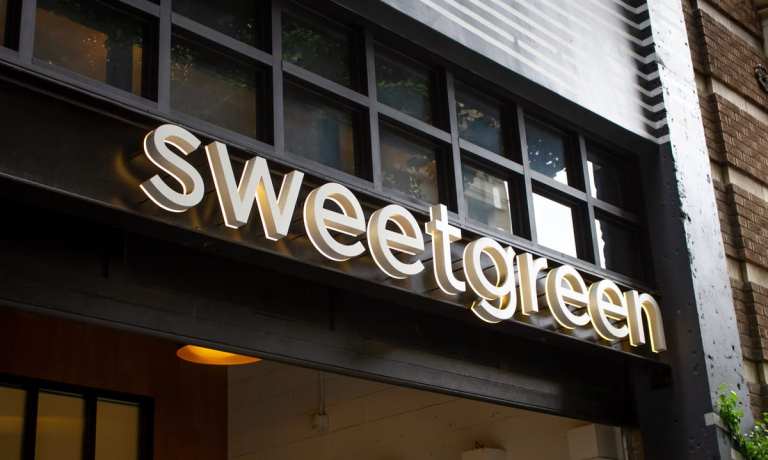Sweetgreen’s IPO May Shine Light On The Battle Between Salad Vs Fast Food

Will a healthy quick service restaurant (QSR) give a read on the health of the IPO market here in the United States?
As reported this week, Sweetgreen, which focuses on salads, has filed, confidentially, with the Securities and Exchange Commission (SEC) for an initial public offering. That confidential status means that we won’t (yet) get a peek under the financial hood, so to speak. And the number of shares or potential pricing remains unannounced.
But the 100-store chain’s public listing may herald a bit of a battle. There are any number of QSRs already trading between investors that are focused on burgers, tacos, pizza … you name it. We need not name them here, they’re so famous. Sweetgreen follows a parade of listings and announced listings such as Krispy Kreme and Dutch Bros. Coffee.
But any bet on any QSR now is an implicit bet on some of the trends that have taken shape during the pandemic, where mobile order-ahead, drive-thrus, platform delivery services and rewards programs have all signaled participation in the great digital shift.
And drilling down a bit, as noted in this space, it remains to be seen whether we’ll keep buying food to be delivered at home, or whether quick service options will have an advantage over fast casual.
Many companies have pivoted to robust drive-thru initiatives, and as noted in a PYMNTS Order to Eat Tracker late last year, drive-thru visits accounted for 42 percent of all restaurant trips as the pandemic hit, as measured in the second quarter.
Sweetgreen is among the firms that have been more fully embracing the drive-thru option. As reported earlier this year by the Los Angeles Times, Sweetgreen had been in the midst of opening its first locations with drive-thru lanes.
Late last year, Sweetgreen, grappling with the pandemic, said it was laying off 20 percent of its corporate staff and enhancing its digital ordering. Back in 2019, reports on Sweetgreen’s growth noted that delivery on demand has been a standard part of the firm’s strategy and tech-enabled interactions include voice ordering, text ordering and Slack ordering.
That comes after, as detailed in Medium, the firm had become dedicated to a strategy tied to tech and the platform.
Platform Focus
That platform, as Sweetgreen Co-Founder Jonathan Neman told Recode, is one where “a restaurant creates content, so our salads are our hits. If you just have your restaurant itself, you own your platform, you go direct to consumer … our goal is to be a content creator and a food platform. So a full vertically integrated food system, from supply chain, production, content creation and ordering.”
Any full-fledged return to restaurants may be slow in coming. PYMNTS research shows that the share of “digital shifters” who plan to keep at least some of their online behaviors in place even after the pandemic is over stands at more than 72 percent; that leaves a minority, at 27 percent, planning to revert back to their old behaviors. By extension, we infer that foot traffic may be a trickle rather than a flood.
We’ll gain more insight, of course, when the Sweetgreen S-1 filing is made public, on whether the firm’s salad days are ahead or behind.
Read More On Restaurants:
- Domino’s Loyalty Refresh Doubles Members’ Pickup Orders Amid Consumer Hesitance
- Gen Z Diners Fall Behind Baby Boomers in Restaurant Spending
- Starbucks Launches EV Charging Partnership With Mercedes
- OpenTable and Visa Launch Restaurant Reservation Partnership